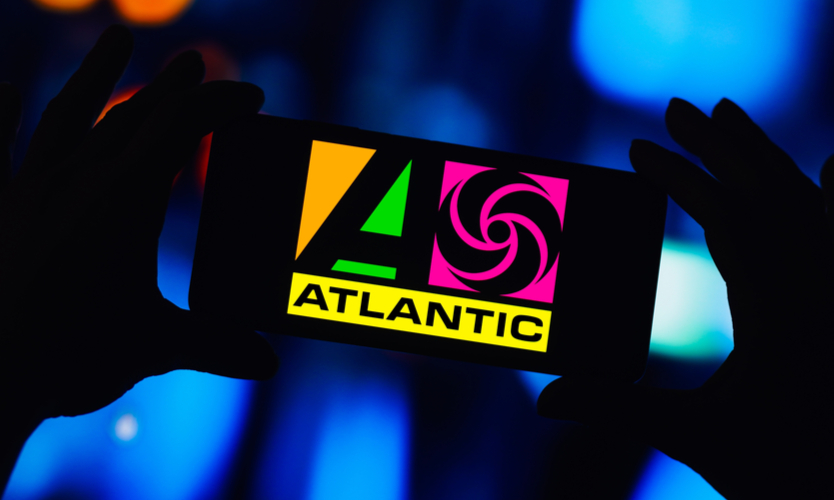Supreme Court to hear case on limits to copyright damages
- April 30, 2024
- Posted by: Web workers
- Category: Finance

(Reuters) — The U.S. Supreme Court Friday agreed to clarify the time period for which plaintiffs can recover damages over copyright claims in a case involving a Miami music producer who sued Warner Music’s Atlantic Records label after hip-hop artist Flo Rida made use of a 1980s song that he claims he owns.
The justices took up an appeal by Atlantic Records and two music publishers of a lower court’s ruling that defendants in copyright infringement cases can be held liable for actions that occurred prior to the three-year statute of limitations for filing such litigation.
The two companies had challenged the lower court’s decision that they may owe copyright damages that accrued prior to three years before plaintiff Sherman Nealy sued them.
Mr. Nealy has argued that his Miami record label Music Specialist owns the rights to the 1984 song “Jam the Box” by Tony Butler, also known as Pretty Tony. Flo Rida, whose given name is Tramar Dillard, interpolated musical elements of “Jam the Box” in his 2008 song “In the Ayer.”
Mr. Nealy sued Flo Rida’s label Atlantic, as well as publishing companies Warner Chappell and Artist Publishing Group, in federal court in Florida in 2018, arguing that these businesses received invalid licenses to use his label’s music while he was incarcerated after being convicted of cocaine distribution.
Mr. Nealy’s label ceased operations before he started serving a 20-year prison sentence in 1989. He has said the licenses provided to the defendants in the case were invalid because Mr. Butler, his former business partner, did not have Mr. Nealy’s permission to grant them while he was in prison.
Mr. Nealy said he did not learn of the alleged copyright violations until 2016, and requested damages for copyright infringement that he said started as early as 2008.
A federal judge in Florida ruled that the period for which Mr. Nealy could recover damages should be limited to three years before he filed the lawsuit. But the Atlanta-based 11th U.S. Circuit Court of Appeals reversed that in February 2023, deciding that there was “no bar to damages in a timely action.”



